US democracy summit: Taipei is invited, Beijing is not included
The upcoming Summit for Democracy led by the US may be yet another test of US-China relations, with the invite list including "Taiwan", but leaving out mainland China and Russia. Setting up a democracy versus autocracy narrative is part of geopolitical tussling and the US will likely hold on to its Taiwan card. But will this prompt Beijing to dig in its heels on countermeasures against Taiwan?
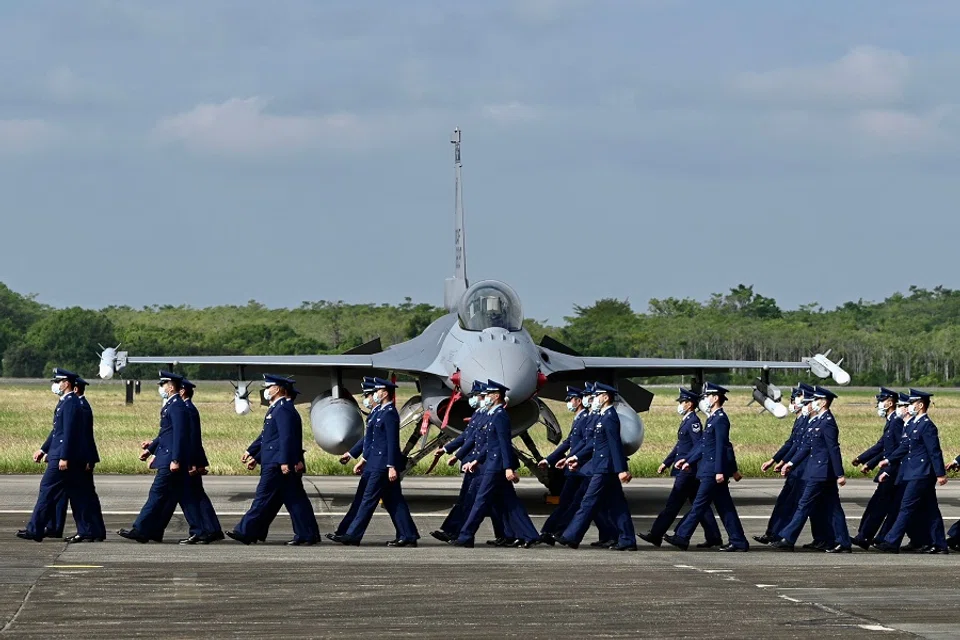
While US President Joe Biden smiled and waved at Chinese President Xi Jinping and Xi called Biden his "old friend" at last week's Biden-Xi virtual summit, the meeting achieved no tangible outcomes, as predicted by the White House prior to the meeting. Even the "guardrails" to prevent relations from veering into conflict are a mystery to the outside world.
Both parties clearly and accurately conveyed what they wanted to say to each other. Or rather, each party said their piece and little consensus was reached. At most, it was established that both countries will be "frenemies" for years to come, with both adopting a confrontational stance yet being unable to completely decouple from each other.
There has been good and bad news in US-China relations a week since the virtual summit, but the Taiwan issue is clearly one that the US will not let go of, despite Xi's warnings that the intention that some Americans have of using Taiwan to contain China is "just like playing with fire" and that "whoever plays with fire will get burnt".
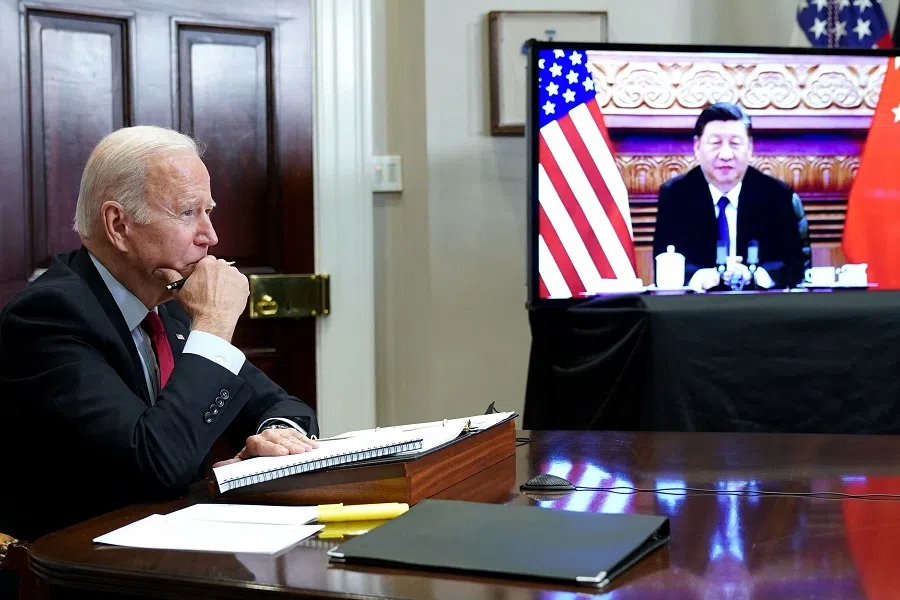
Apart from the possibility that the US-led Western world may boycott the Beijing Winter Olympics next year, another upcoming flashpoint in China-US relations is the inaugural two-day virtual Summit for Democracy to be held from 9-10 December.
Chinese foreign ministry spokesperson Zhao Lijian also said: "The US warships have repeatedly flexed muscles, made provocations and stirred up trouble in the Taiwan Strait..."
A summit of the like-minded
The US-led summit will focus on the three themes of strengthening democracy and countering authoritarianism, fighting corruption, and promoting respect for human rights. It aims to bring together a diverse range of actors dedicated to global democratic renewal. It can be said to share similar aims with AUKUS and the Quad in integrating and consolidating US allies and partners with common value systems to contain China while reestablishing the US's leadership role in a democratic world. The Taiwan issue is one of the common themes running through these alliances.
On 23 November, a day before the participant list of the democracy summit was released, the US 7th Fleet confirmed that an Arleigh Burke-class guided-missile destroyer USS Milius (DDG 69) had conducted a routine Taiwan Strait transit. This is the 11th time that a US warship has sailed through the Taiwan Strait, and also the first time since the Biden-Xi virtual summit. This move not only affirms the policy of military deterrence that Biden has adopted in the Taiwan Strait since taking office, but also makes clear that the US does not intend to play the Taiwan card less often following the Biden-Xi virtual summit. In response, Colonel Shi Yi, a spokesperson of the People's Liberation Army Eastern Theater Command, criticised the US for creating security risks and harming regional security. He emphasised that his troops would use any means possible to firmly counter all threats and provocations.
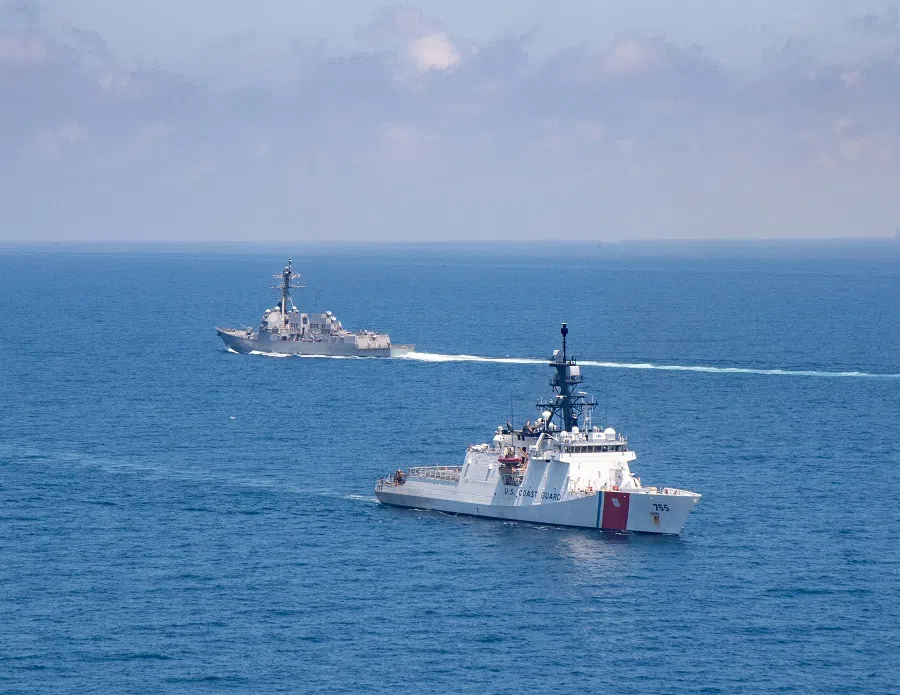
Chinese foreign ministry spokesperson Zhao Lijian also said: "The US warships have repeatedly flexed muscles, made provocations and stirred up trouble in the Taiwan Strait... The US side should immediately correct its mistakes, stop making provocations, challenging the bottom line and playing with fire..."
A battle of ideologies, values and systems
On 23 November, the US Department of State website put up a list of the 110 countries and regions invited to the democracy summit. Taiwan was not only invited but also listed directly as "Taiwan". Mainland China and Russia were not invited.
In February this year, in his first foreign policy speech after taking office, Biden declared that the US would return to its position of global leadership in response to autocracy as led by China and Russia. And in his first press conference in late March, Biden mentioned Chinese President Xi Jinping and Russian President Vladimir Putin in the same breath as supporting autocracy. So, it is not surprising that China and Russia have not been invited.
In any case, the democracy summit is yet another potential trigger for conflict in the China-US rivalry of values and ideology, setting up a tussle between systems of centralised and non-centralised power.
As for inviting Taiwan and calling it "Taiwan", that is a signal that the Biden administration is not shy of provoking China and would continue to test its "red lines".
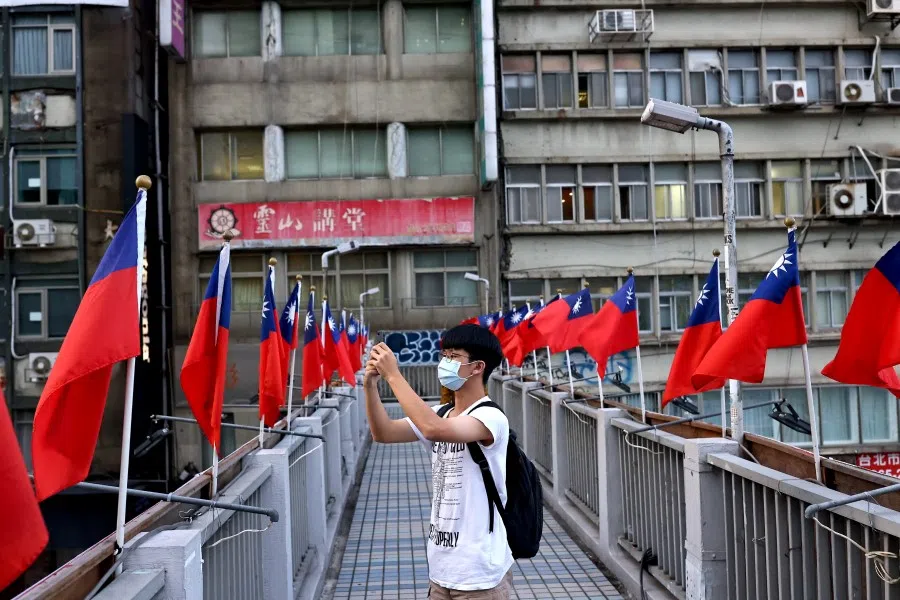
Last month, in an interview with state media, Vice-Minister of Foreign Affairs Le Yucheng mentioned the democracy summit and said "the US record of democracy is anything but glorious. The storming of the Capitol is still fresh in everybody's memory." He added that the US has created one mess after another through "colour revolution" and "democratic transformation".
Le felt that "monopolising the definition of democracy to the advantage of certain countries and instigating ideological confrontation along the line of 'democracy versus authoritarianism' is the direct opposite of democracy".
As for inviting Taiwan and calling it "Taiwan", that is a signal that the Biden administration is not shy of provoking China and would continue to test its "red lines". Taiwan's Ministry of Foreign Affairs announced that it would be sending Minister Without Portfolio for Digital Affairs Audrey Tang and Taiwan's representative to the US Hsiao Bi-khim to the summit.
...it remains to be seen whether mainland China will ramp up its countermeasures against Taiwan on the military, economic and trade fronts.
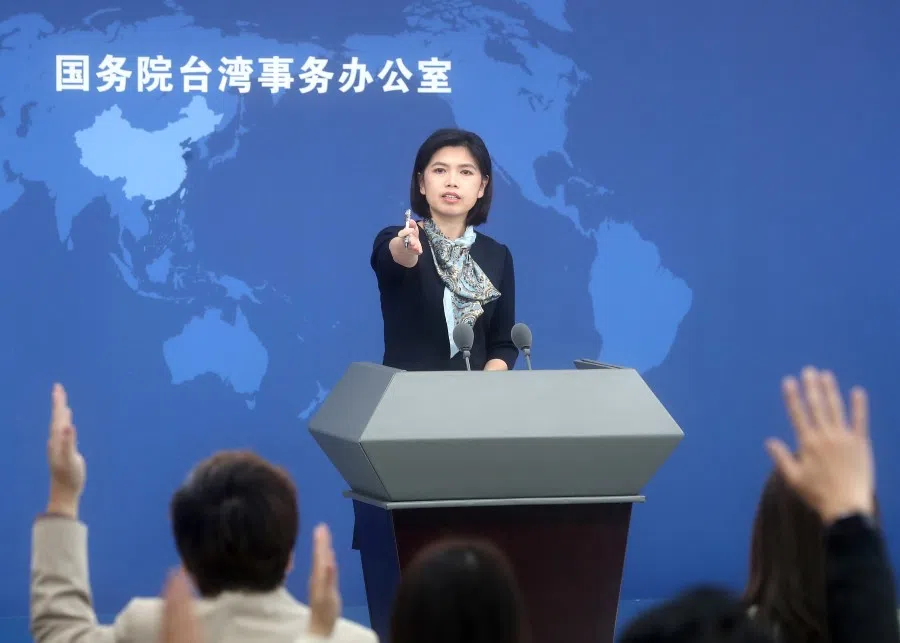
Zhu Fenglian, a spokesperson for the Taiwan Affairs Office (TAO), gave the standard response that the inclusion of Taiwan was a "mistake" and Beijing opposed "any official interaction between the US and China's Taiwan region", and that this stance was clear and consistent.
A robust response
Zhao's response on the same day smacked of "wolf warrior diplomacy". He said: "China firmly opposes the invitation by the US to the Taiwan authorities to the so-called 'Summit for Democracy'... We solemnly urge the US to... stop providing 'Taiwan independence' forces with any platform or bolstering and emboldening them. Those offering [a] platform to 'Taiwan independence' forces will find themselves in an embarrassing place. Those playing with fire with 'Taiwan independence' forces will end up getting burned."
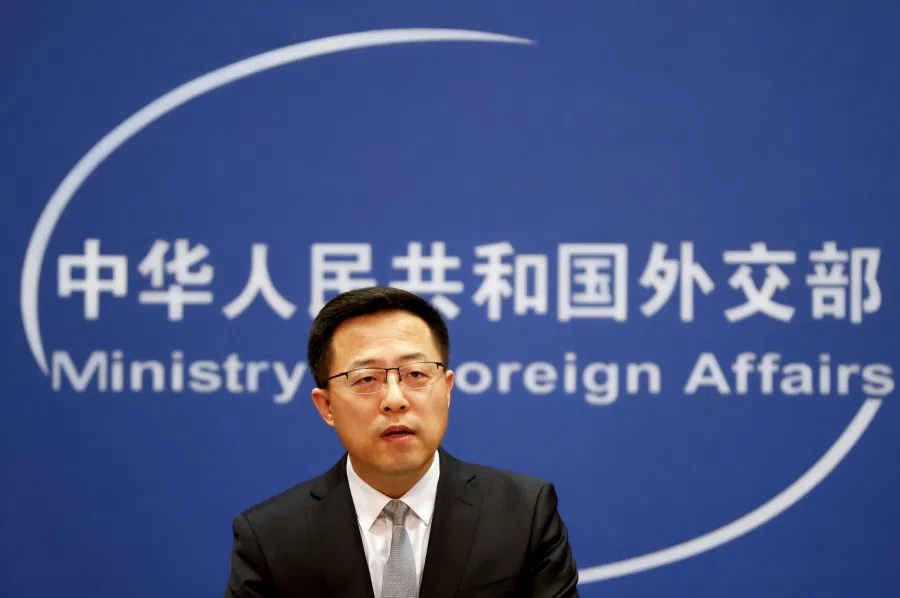
He added: "What the US has done shows exactly that it is only using democracy as a cover and tool to advance its geostrategic goals, suppress other countries, divide the world, and serve its selfish agenda of maintaining hegemony. Its acts of practicing bloc politics and inciting confrontation under the guise of democracy are [a] reincarnation of the Cold War mentality..."
In the face of Biden's three-pronged strategy of competition, opposition and cooperation when it comes to China, and the continued escalation of measures on the Taiwan issue that is putting China on the back foot, it remains to be seen whether mainland China will ramp up its countermeasures against Taiwan on the military, economic and trade fronts. As for the clash of values between China and the US, amplifying each other's flaws is more of an effort to shape world opinion and take the moral high ground, and to legitimise their own antagonism, as well as to meet the needs of geopolitical tussling.
Related: Both sides of the Taiwan Strait fear imminent war | Why the status quo in the Taiwan Strait is quietly changing | Taiwan's unequal status in US-Taiwan trade talks | Taiwan's unequal status in US-Taiwan trade talks





